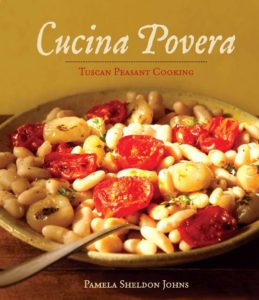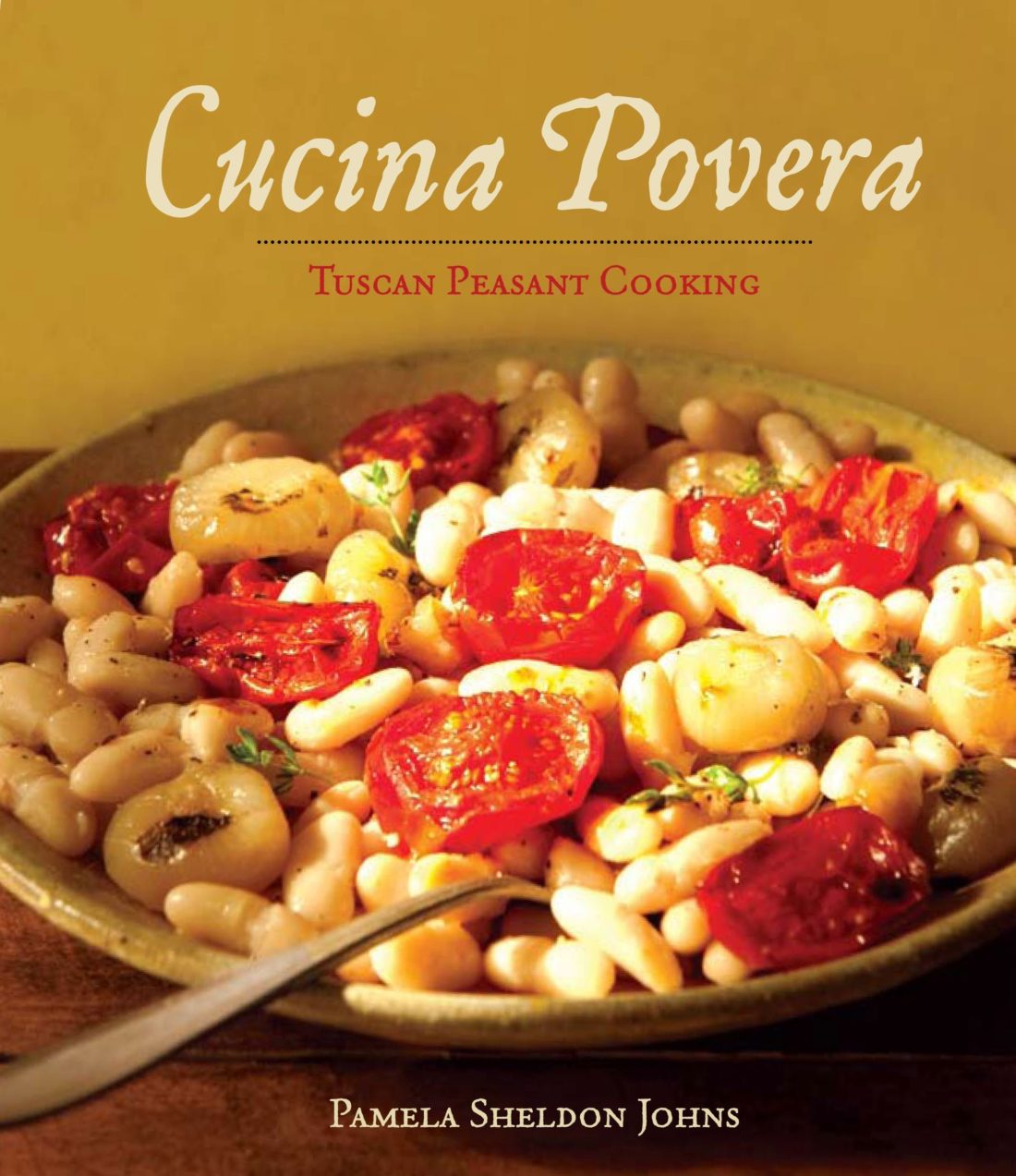A Christmas Story
Over the years, a woman who lives in Tuscany has become a dear friend. She lives in a villa that boasts spectacular views and lush olive groves. For years, she and her husband have run a culinary retreat, welcoming guests, offering master cooking classes, visits to goat farms, and local wine tours. It is a life that they have devoted themselves to for more than 40 years, with joie de vie and hard work.
In 2020, when COVID smashed through Italian villages in the north, the guests, the tours, the pasta lessons evaporated.
Like the rest of the world, my friend and her husband pivoted. She leaned more heavily into the cookbooks that had been a ballast during good times. They began to market their oils, his pottery, and regional salts, online.
Nearly 18 months later, this past fall, there was a brief window of hope when it looked like COVID had been quelled. She wrote to me, describing two tour groups she led during this lull. Travelling to Northern Italy, she saw old friends, and places she loved, for the first time in nearly 3 years.
“It was so good to see my friends who had gone through what we could absolutely call Hell,” she wrote. “Sad stories of the village’s church bells ringing every day for the dead. Friends who didn’t make it…Hugs and tears and the unspoken words, we are still here.”
Now as Christmas approaches, darkness closes in again. New Year and spring reservations are cancelling. Another season of hardship threatens.
***********************************************************************************************************************************************
Advent is most familiar to us as the journey from darkness to joy, from the merest promise of new hope to its emergence in a stable in Bethlehem. We warm ourselves on the “prophecy and fulfillment” Scriptures of the season, Isaiah and Luke. Over time, we have added pageantry, candles, abundant greenery, Santa — and the heavy klieg lights of commerce.
It’s a happy-ever-after story, this version, that has left us sorely deficient in the spiritual needs of the particular hour in which we find ourselves.
Grinch-like, Omicron comes to steal what we feel is our due, after all of the hardship and deprivation of the past two years. We alternate between lament and entitlement, worry and bustling off to UPS with the latest pile of packages to send.
************************************************************************************************************************************************
My friend offers a very different Christmas season story.
.
She is an American expat. When she first arrived in her adopted home, she listened closely to the old people in her village as they recounted what it was like during World War II. People were starving, they told her. Breakfast was a single piece of bread dipped in milk. Lunch and dinner consisted of bread in broth, topped with a few leaves of kale and a spot of olive oil. When they could, children would filch a handful of chestnut flour to fill their empty stomachs. Nothing was wasted.
Pamela was so moved by these stories that she eventually dedicated an entire cookbook to this history, and to the peasant ethic of courage and imagination in the face of unspeakable want.
For years, whenever I have needed a dose of humility or attitude correction, I take it off the shelf and stir up an Aquacotta or a Papa al Pamadoro.

What I love about this cookbook is that the actual Advent story is closer to those starving Italian peasants — their persistence, fortitude, and mutual support — than it is to our swollen expectations and entitlement. Advent is a story of small pieces of courage and faith that prevailed against oppressive forces that would wipe out all hope and all possibility if it could have.
I’d like to think that in the past two years we have individually and collectively and roused the same human qualities that Pamela discovered in those who would never forget the deprivations of the war. But as Christmas looms, it seems to have become easy to lapse into endless lament at our plight – reduced holiday gatherings, increase cautions, fewer goods and klieg lights and cheer.
Pamela has learned that hope is an endless project. It flares in the darkest places, when people extend what little light they have to those who are feeling their way, need a place to lay their burdens down, are famished for something real to eat, even among strangers who might become friends.
Come Christmas this year, she and her husband will uphold a tradition they have maintained since they first took ownership of their beautiful villa: a Christmas lunch for any and all who are without a place to go.
“Every Christmas we fill our table with friends,” she writes. “Some I’ve only met on Facebook, people who don’t have family here…This year the invitations were received with much humble appreciation, it makes me cry as I write this. We’ve all been damaged in so many ways.”
Despite their own griefs and worries, this valiant couple will become the “inn” for wanderers in the COVID darkness.
So this is my Christmas story, passed on from a source of light in her own right.
It’s not what consoles us and makes us feel good, that matters; it’s what we give, and it always has been. Friendship, the earth’s bounties and beauty, generous hearts and creative use of what bread and figs and welcome we have, even when it is it just a very little, even when it is almost nothing.
.Ask my friend.





Elizabeth A Rhymer
December 23, 2021at9:07 amThis piece puts everything into perspective. Thank you for the reminder of what is truly meaningful.
Kathleen Hirsch
January 19, 2023at10:17 amglad you are there!